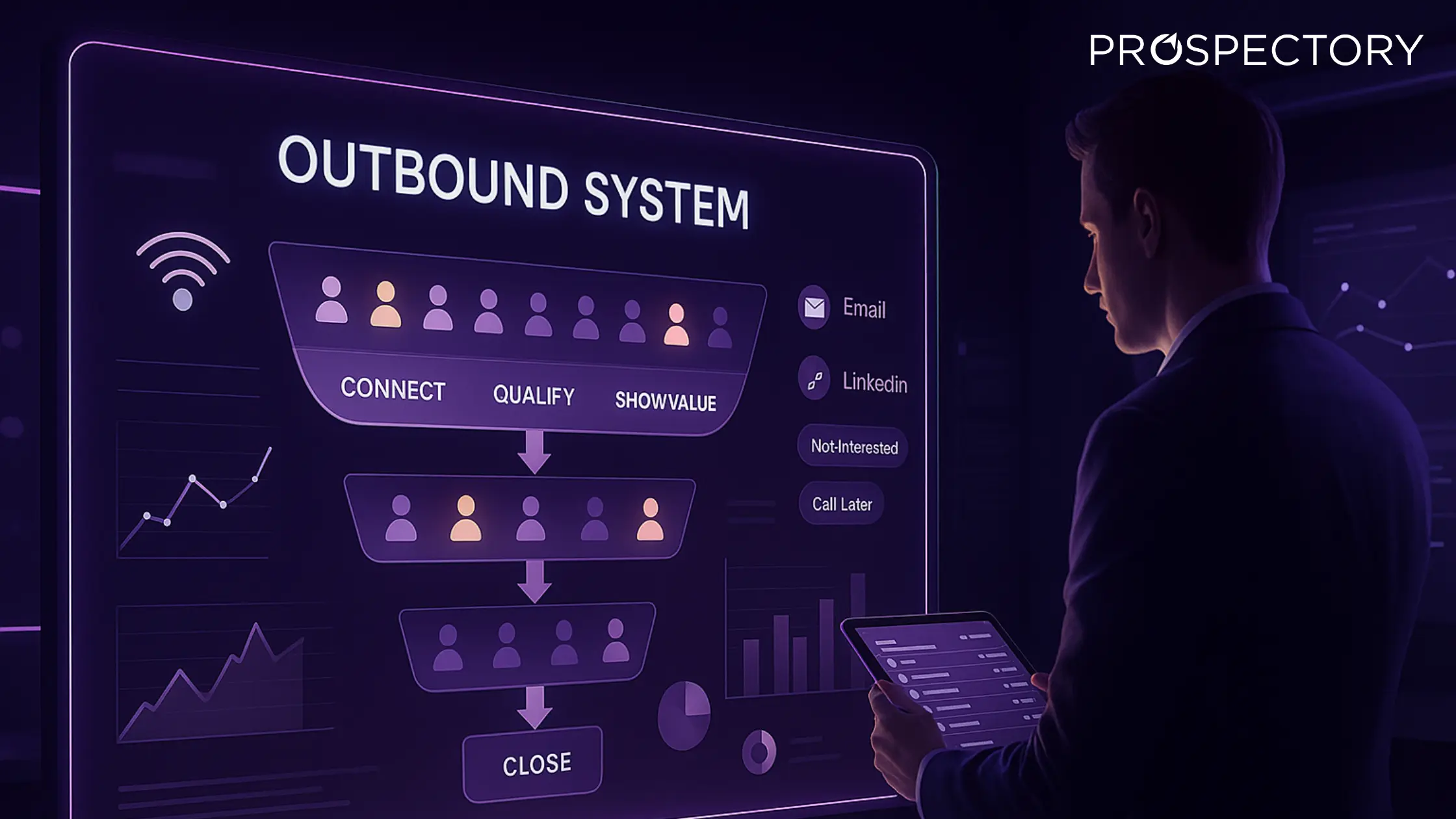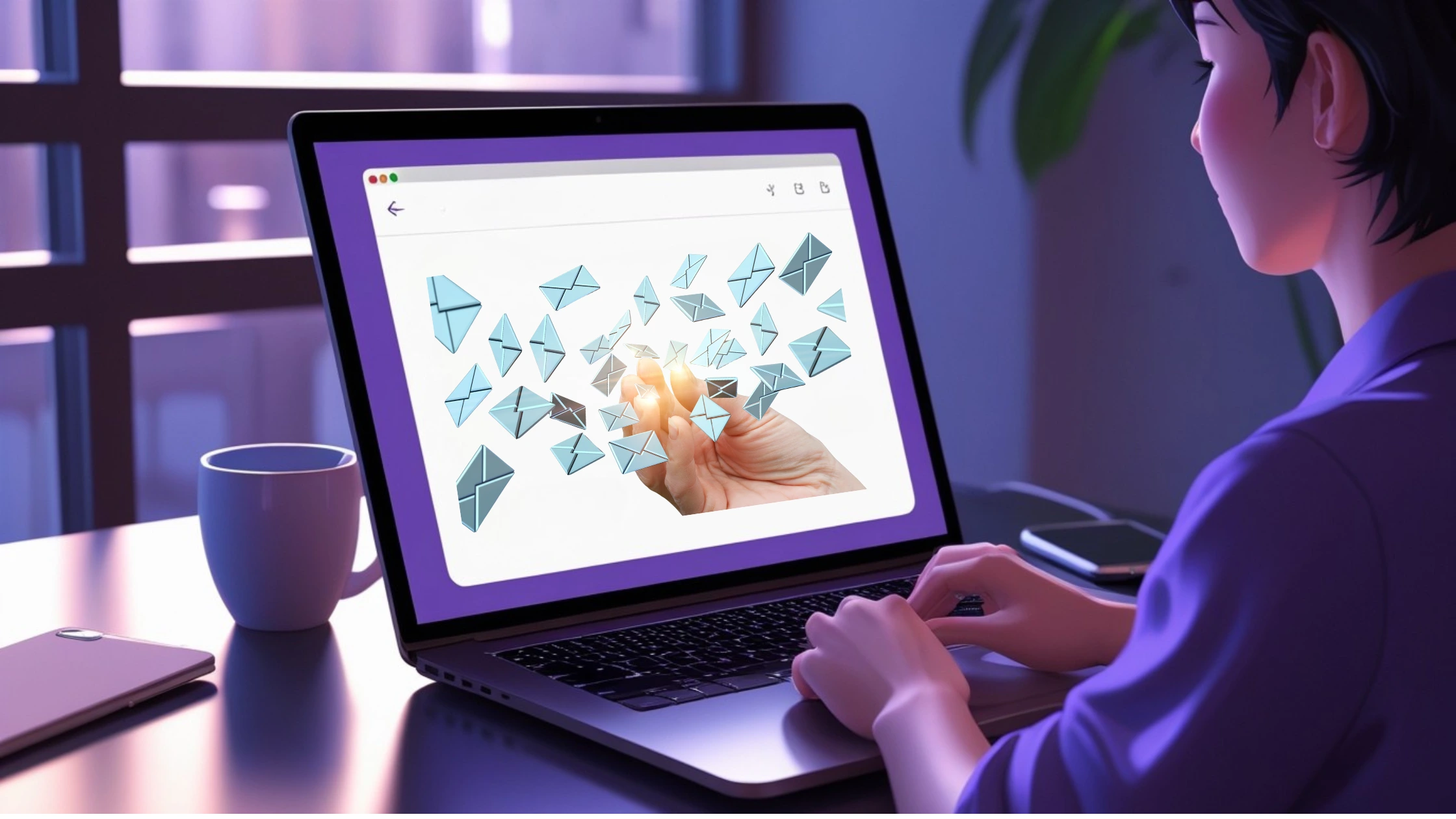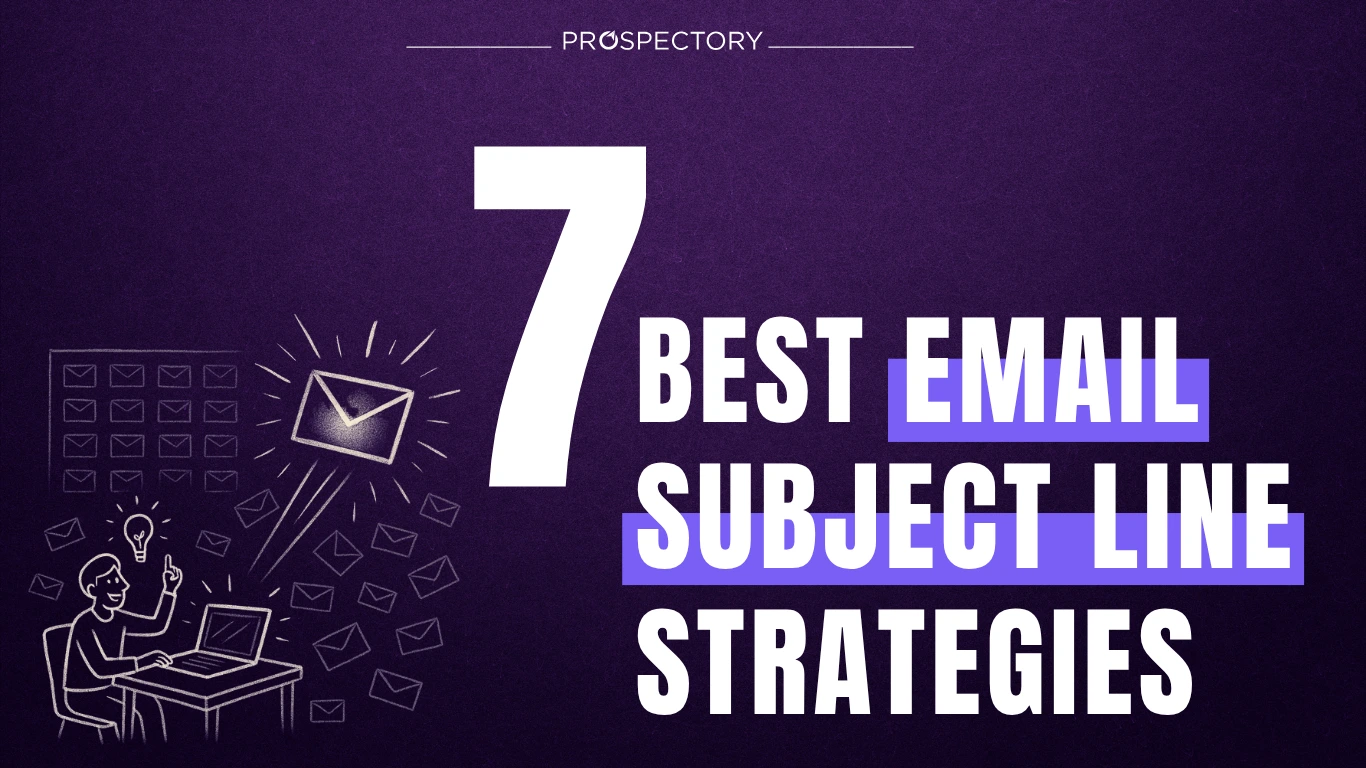Reaching the Right Audience with Multi-Channel Marketing Systems

Think about your last big purchase. Was it sparked by a single email or an ad? Probably not. It’s more likely you encountered the product on multiple platforms—a social media post here, a follow-up email there, maybe even a quick text reminder. That’s the essence of multi-channel marketing: meeting your audience where they are and creating a connected experience that keeps your brand top of mind.
What is a Multi-Channel Marketing System?
At its core, a multi-channel marketing system helps businesses engage with prospects across several platforms—email, social media, phone calls, LinkedIn, even in-person events. But it’s not about being everywhere just for the sake of it. It’s about being present where it matters.
For example, some prospects may prefer quick texts, while others respond better to a thoughtful LinkedIn post. A multi-channel system lets you adapt to these preferences, delivering messages that feel relevant and timely.
The Building Blocks of a Strong Multi-Channel Strategy
A Mix of Channels That Work
Not all platforms are equal, and that’s okay. Some audiences live on LinkedIn, while others are more responsive to email. Your strategy should combine direct channels like phone calls and email with indirect ones like ads or social media posts. It’s about choosing the right tools for the job, not using every tool in the box.
Consistency, Not Carbon Copies
A successful multi-channel strategy doesn’t mean spamming the same message everywhere. Instead, it’s about ensuring your communications feel connected. If a prospect clicks on a LinkedIn ad, the follow-up email should build on that initial message, creating a smooth and natural flow.
Flexibility for the Customer
Some people like to receive emails, while others prefer scrolling through their LinkedIn feed. A great system adapts to these preferences, making your brand accessible on the platforms your prospects already use.
Why Multi-Channel Marketing Matters
Engage Prospects Where They Are
Let’s say a prospect sees your LinkedIn ad in the morning, gets an email from you in the afternoon, and later, a sales rep follows up with a quick call. You’re not just another name in their inbox—you’re a familiar presence.
Learn What Works and What Doesn’t
Each channel gives you valuable feedback. Are emails driving clicks? Is a particular ad outperforming others? These insights help you refine your copy, images and calls to action, so you spend time and energy where it counts.
Stay Top of Mind
By maintaining a consistent presence across platforms, you make sure your brand sticks. When it’s time for a prospect to make a decision, they’ll think of you first.
Work Smarter, Not Harder
With the right multi-channel outreach system, managing campaigns becomes easier. You can scale your efforts without stretching your resources too thin.
Lessons from the Pros
Under Armour
Under Armour uses a mix of Instagram ads and its UA Shop app to engage customers. They leverage browsing history to recommend products, creating a shopping experience that only uses products they are interested in, not wasting the reader’s time or UA’s money showing them something irrelevant.
Home Depot
Home Depot connects in-store purchases with email campaigns. For example, if you buy a drill, you might get a follow-up email with DIY project ideas—a small touch that keeps the customer engaged with Home Depot, and brings them back to the store or website to purchase more products to work on those DIY ideas.
Vrbo
Vrbo integrates social media, targeted ads, and its mobile app to engage travelers. By analyzing search history, such as destinations previously viewed or dates searched, Vrbo tailors its ads and app notifications to suggest relevant rental options, ensuring their offers align with what travelers are actively seeking.
Best Practices for Multi-Channel Marketing
Know Your Audience
Understand where your prospects spend their time. Focus your energy on the channels that matter to them.
Keep Messaging Consistent
Whether it’s an email or a LinkedIn post, your brand’s tone and visuals should always align.
Use Data to Improve
Metrics like clicks and conversions are goldmines. Use them to tweak your strategy and get better results.
Personalize Everything
Generic messages fall flat. Tailor your communications to make them feel meaningful.
Connect the Dots
Let your platforms work together. For example, if a prospect interacts with your LinkedIn ad, a sales rep can follow up with a message that feels natural and timely.
Conclusion: Be Where It Matters
Multi-channel marketing isn’t about being everywhere; it’s about being where it matters. When done right, it helps you build stronger connections, earn trust, and close deals faster.
With a system that prioritizes your audience’s needs, you’re not just reaching prospects—you’re meeting them on their terms, creating memorable experiences.

Related Blogs








